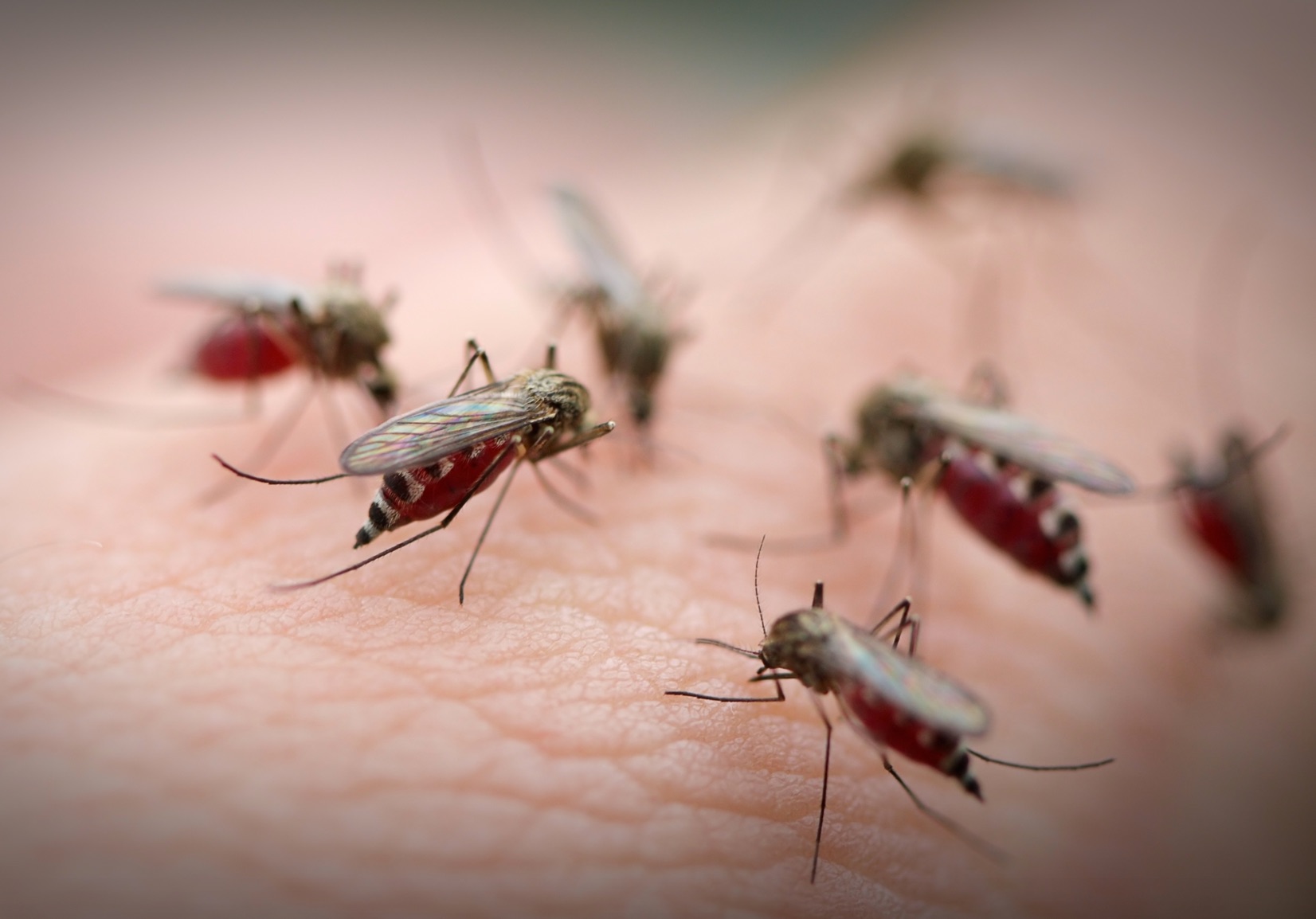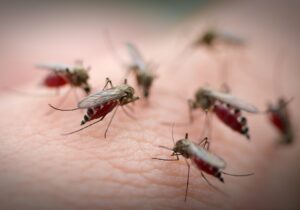News
Oxitec Reveals GM Mosquitoes Could Result in Explosion of Disease Carrying Asian Tiger Mosquitoes

 As it happens all too often in the regulatory process for genetically modified organisms, the doomsday fears of environmentalists, once dismissed as frivolous, later become verified by even the biotech scientists who claim their creations are ‘safe.’ Oxitec, the makers of the GM mosquito, just confessed that their genetically altered insects could cause a major disruption in the life cycle of other non-GM mosquitoes.
As it happens all too often in the regulatory process for genetically modified organisms, the doomsday fears of environmentalists, once dismissed as frivolous, later become verified by even the biotech scientists who claim their creations are ‘safe.’ Oxitec, the makers of the GM mosquito, just confessed that their genetically altered insects could cause a major disruption in the life cycle of other non-GM mosquitoes.
Mother Nature balances her ecosystems with a very precise science – one could call it Divine. Genetically modified organisms created by the biotech industry are often created with little regard for this balance, and no long-term studies to determine how increasing one type of organism will affect others within the same biosphere.
It turns out that releasing millions of GM mosquitoes under the auspices of ‘preventing disease’ could actually increase the birth rate of a second, non-GM mosquito variety that carries the very same diseases these GM mosquitoes are meant to combat.
The admittance of such a possibility was revealed when four environmental and food safety groups were able to obtain and release court documents from the Cayman Islands that were not previously a matter of public record.
As the Center for Food Safety attests, the release of these GM mosquitoes in light of both previous and new evidence, could prove to be a risky endeavor. The study they released details how Oxitec planned to “conduct adulticide and larvicide of all mosquito species in the Cayman Islands to prevent disease transmission, however insect resistance is increasing.”
The documents further reveal that Oxitec released millions of Aedes aegypti mosquitoes with the aim of suppressing wild mosquitoes, but instead the Aedes albopictus species (known as the Asian Tiger mosquito) were highly likely to increase.
This new evidence gleaned from from the Cayman Islands documents exposes that Oxitec has been aware of a major flaw in its single-species, technological approach to eradicating disease-carrying mosquitoes. Their solution? Oxitec suggests the release of genetically modified Asian Tiger mosquito Aedes albopictus, if the release of the GE Aedes aegypti does indeed result in an increase of the numbers of Asian Tiger mosquitoes. How convenient for a company which has attracted millions in grant money from creating GE technology.
“It might be a good business model for a company to sell a technology to reduce one mosquito species, so then they can also sell a technology to deal with the species that replaces it,” said Wenonah Hauter, executive director of Food & Water Watch. “But it’s not worth the effort, expense and potential risk for communities in the U.S. to start down this path.”
Another environmental group agrees that the GE mosquitoes are too risky. Dr. Helen Wallace, director of GeneWatch UK commented,
“Current permits for releases should now be revoked until regulators recognize the downsides of Oxitec’s technology and the need to consider all the impacts on the ecosystem. The consequences of mass releases of GM mosquitoes could be harmful if other disease-carrying mosquito species move in as a result. Risk assessments in Brazil, the Cayman Islands and the USA need to be revised.”
Once again the biotech industry hides a painfully obvious truth about releasing its technology on the world – only later to have serious risks revealed to the public. Sound familiar? Monsanto also knew of glyphosate’s cancer risk 35 years before people started to question the main ingredient in their best selling herbicide.
Image credit: Mosquitosquadofcharlotte.com
Typos, corrections and/or news tips? Email us at Contact@TheMindUnleashed.com
